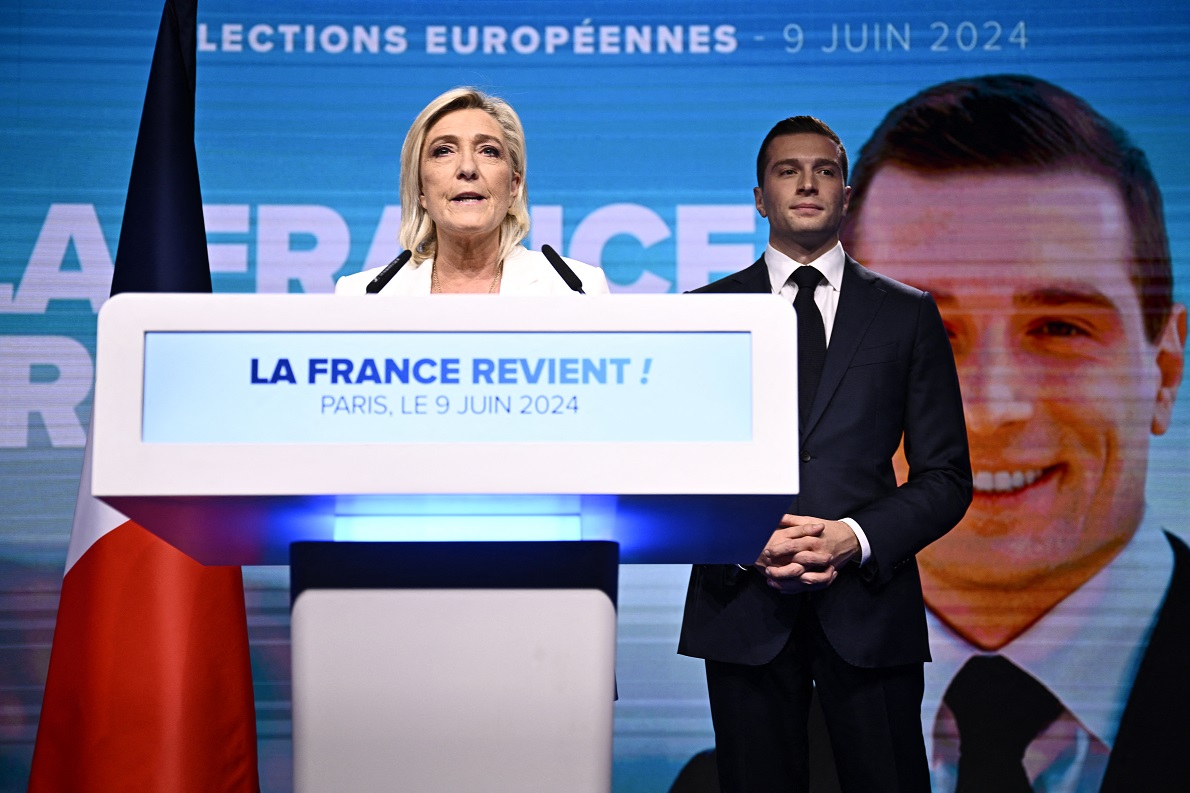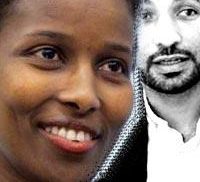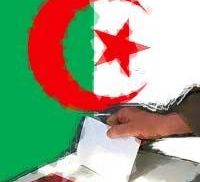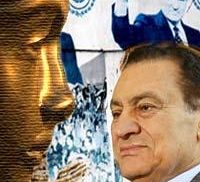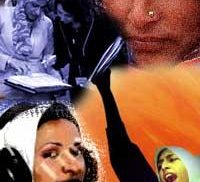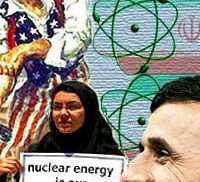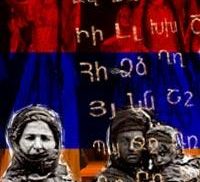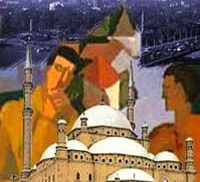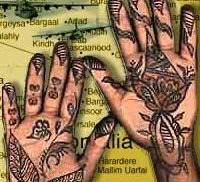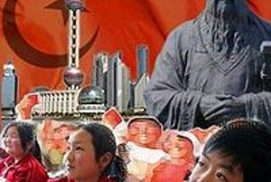Across Europe, far-right parties are gaining ground like never before since World War II, reshaping political landscapes and cultural narratives. From coalition governments to influential parliamentary blocs, their rise reflects deep-seated shifts in societal dynamics. What factors have fueled this surge? How have traditional parties and evolving cultural identities contributed to the far right’s growing appeal? What does it mean for Europe’s future? This dossier delves into the complex dynamics behind the far right’s ascent and the challenges it presents to European democracy.
Dossiers
- Over the past few months a heated debate, spread across the pages of the international press and of the website Signandsight.com, has raised the following question: Should the West support moderate yet controversial Muslims such as Tariq Ramadan, the popular grandson of the founder of the Muslim Brothers, or Islamic dissidents such as Ayaan Hirsi Ali, who for years has spoken out against crimes committed on women in the name of Islam, and who wrote the screenplay of Theo Van Gogh’s provocative film Submission? The two intellectuals know and cannot stand each other. And yet today, while the Italian right once again attacks Ramadan, who is still banned from the U.S., the ex-Somalian refugee here defends his right to freedom of speech, even if she claims to be completely opposed to his thinking.
- Algeria prepares for the election of the National Popular Assembly, voting coming about a month after the attack – claimed by "Al Qaeda for the Islamic Maghreb" – which killed 33 people in the capital. While intelligence services warn that the likelihood of a new attack is far from remote, political parties are wearily preparing themselves for the elections. Algerians remember those of 1991, won by the Islamic Salvation Front (FIS), and for this reason too, no surprises are expected. High levels of abstention are likely, which can be interpreted as a protest against the National Front of Liberation’s (FNL) hegemony, and a monopoly that is set to be confirmed in an ever more dull and monotonous democracy.
- On the 26th March, the reform of the Egyptian Constitution was approved by popular referendum, in which only 27% of those eligible voted (5% according to the human rights groups). Socialism is cast to one side, and the regime becomes even more authoritarian: religious parties are banned, judicial supervision of elections is eliminated, and legislation brought in for a state of emergency become permanent. President Mubarak strengthens his rule, and the possibility of the ‘monarchical’ succession to power of his son Gamal looms ever closer. In the meantime, as the American scholar Robert S. Leiken explains in an interview, the international community considers with growing interest the increasing influence of moderates within the Muslim Brotherhood, the only real force of opposition to the regime.
- France will go to the polls to elect the new President of the Republic, and it will be interesting to see how multicultural France votes. After the autumn of 2005 and the banlieue riots, and following the controversy over the threat of anti-semitism, which way will the country’s major religious communities go? The republican model of integration itself is being called into question, and whilst other European countries look on with increasing interest, there have also been strong criticisms, as was seen in the debate concerning the wearing of the Islamic veil in schools. How will the direction of French foreign policy change? And is it true that France will reject its current pro-Arab orientation should Nicolas Sarkozy and the center-right triumph?
- According to the latest UN report on human development, women in Arab countries still have great difficulties in gaining access to education, health, politics, work and rights. Unemployment, Aids and domestic violence are problems which remain unresolved. However, it is not because of Islam that women rights are not respected in the Muslim world, as the American philosopher Martha Nussbaum says to us in an interview. In the Arab-speaking region, businesses led by female entrepreneurs have a larger number of employees, attract more foreign investors and export more than those led by male entrepreneurs. Is it through women that the Arab renaissance will develop?
- War has not yet been waged, but both Iran and the United States are doing their best not to avoid it. The Iranian leadership continues to pursue its nuclear programme, heedless of UN concerns. The Bush administration partakes in dangerous "provocations" (Gary Sick) on Iraqi soil, and does not exclude military intervention. Between the two lies Europe. The paths to war are infinite and implicate the role of Western intellectuals, who unwittingly risk strenghtening the current regime at a time when President Ahmadinejad is at ist lowest point and there are rumours of divisions amongst Tehran’s top ranks.
- Dispersed throughout the world, they have a history that stretches over millenniums. Today there are just over 10 million Armenians, but the early twentieth century genocide of which they were the victims has barely been acknowledged. It is a controversial question which continues to be as relevant as ever: the French National Assembly has passed a law punishing denial of the Armenian genocide; the Taviani brothers have dedicated a film to the massacre, premiered at the Berlin Film Festival; the Turkish-Armenian journalist Hrant Dink was killed in Istanbul because of his origins; and the U.S. Congress is divided over the official recognition of the genocide. But who are the Armenians? And how ‘Armenian’ do the members of this diaspora feel?
- They don’t seem to always exist in perfect harmony. Yet, in the current post-secular society, religion and democracy can’t make it without each other. That applies to the Western world, where more faiths live together in the same territory and where we face a religious revival (even though religion, to be true, never disappeared). But it is also valid for Muslim societies, where Islam needs to bring modernity, autonomous reason and science to account. Between a democracy subjugated by the ideology of secularization and one dominated by faith, is there possibly a third way?
- After sixteen years of chaos, in 2004 the main politicians and warlords finally signed a deal for a new government. Last summer, though, an Islamist movement (UIC) gained control of much of the south, including the capital Mogadishu, and imposed Sharia Law. With the backing of Ethiopia and the U.S., by the end of 2006 forces loyal to the government had defeated the Islamists. Can this be classified as a clash of civilization or just geopolitical conflict? The role of U.S. and of the Arab countries in a war in which prevailed only one rule: the law of the jungle.
- According to French Sinologist François Jullien, China has a foot in two camps: a traditional one, and a western one. How do these two cultures coexist? Confucius fights against Individualism, but the battle is bloody and the outcome is in doubt. China’s influence meanwhile spreads in the world, from Venezuela to Sudan. But what is its relation to Islam? What about the old Huntington prophecy, of an emerging “Sino-Islamic connection”?


